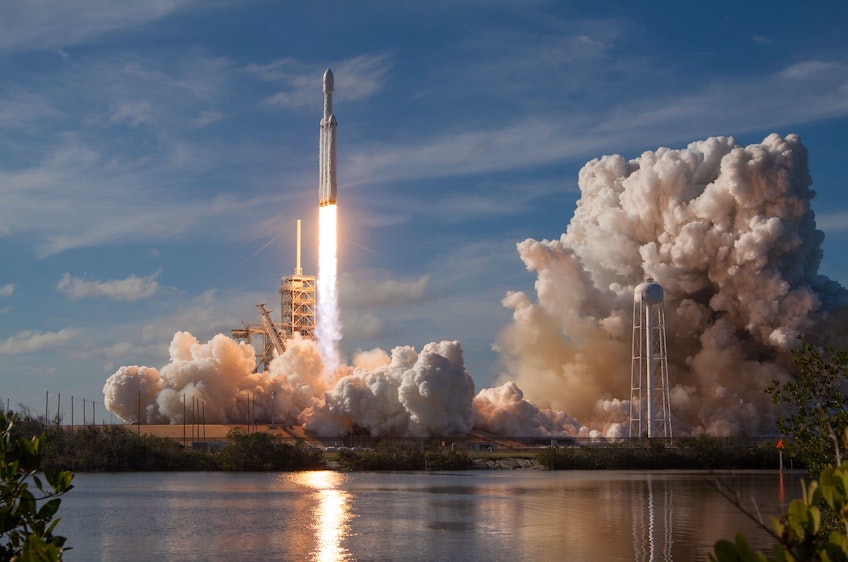This laboratory strengthens research in Space Physics in the FIS-C concentration area and has 7 permanent professors, 4 external collaborators and 3 post-docs plus some undergraduate students in the area.
The objectives of the LCE are to provide the necessary infrastructure for the development of experimental and applied research to investigate the impact of ionizing radiation on the atmosphere and space, with an emphasis on the harmful effects on electronic devices; develop and/or operate nuclear instrumentation - detectors and dosimeters - for space research; develop instrumentation for in locu probing of the ionosphere; develop devices applied to the propulsion of small satellites, such as plasma propulsion and/or other technologies; develop applications and basic research focused on space technology, plasma deposition and corrosion processes associated with the synthesis of nanostructured materials for sensors.
The following existing equipment will be installed in the LCE:
- One atmospheric muon detector based on Cerenkov radiation;
- Eight atmospheric muon detectors based on plastic scintillators coupled to digital photomultipliers (SiPM);
- Two gamma ray spectrometers (0.2 - 20 ) MeV and portable based on inorganic scintillators coupled to analog photomultipliers (PM);
- Two fast neutron spectrometers (0.01 - 100 ) MeV portable based on organic scintillators coupled to analog photomultipliers (PM);
- Two portable radon gas detectors based on proton measurements (ionization chamber);
- Variable voltage source from 120 to 1500 VDC low current with 120 and 220 VAC input; and
- Five laptop computers for monitoring each detector.

